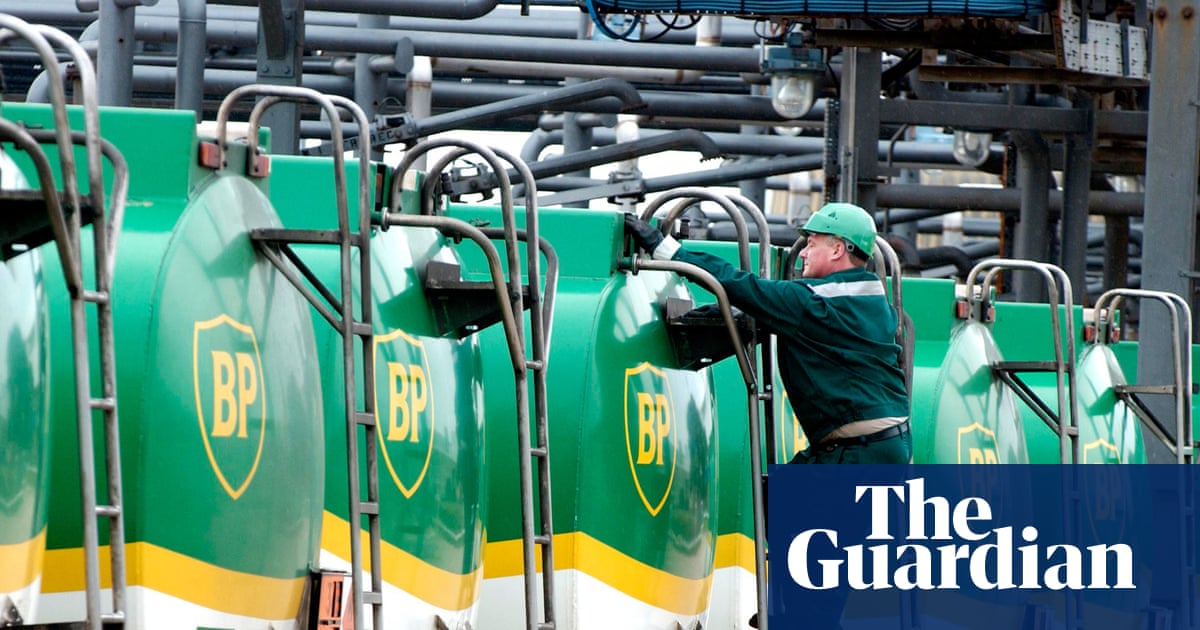T4K3.news
BP sells US wind business
BP has offloaded its onshore wind business to LS Power as part of divestment plans.

The sale is part of BP's strategy to raise $20 billion through divestments.
BP sells US wind business to focus on oil
BP has announced the sale of its US onshore wind business to LS Power as part of its effort to refocus on fossil fuels. The wind farms, located in seven states, have a total capacity of 1.7GW, with BP owning 1.3GW. This transaction supports BP's $20 billion divestment plan aimed at improving financial performance and shareholder returns. The sale comes after a 10-month auction process, although the terms have not been disclosed. Recent market valuations suggest the wind business could be worth less than $2 billion. BP's shift away from wind energy is seen as a move to prioritize its oil and gas operations amid increasing pressure from investors. The company is also looking to sell its lubricants division Castrol, potentially valued at $8 billion. BP's share performance has been under scrutiny with the stock down over 10 percent in the past year, raising concerns about a possible takeover attempt.
Key Takeaways
"We have concluded we are no longer the best owners to take it forward"
This statement reflects BP's strategic retreat from renewable energy investments.
"Lower oil and gas prices could hit second-quarter earnings significantly"
BP's financial outlook indicates challenges ahead despite increased production.
"Green energy still has a role to play in BP's portfolio"
Despite selling its wind business, BP acknowledges the importance of green energy initiatives.
BP's decision to divest from renewable energy illustrates a broader trend within the energy sector. As major oil companies face pressure from investors for higher returns, many are abandoning ambitious green energy goals. This shift raises important questions about the future of renewable energy investments, especially as climate change remains a pressing global concern. The focus back on oil and gas may bring short-term gains for BP, but it risks damaging its long-term reputation as a forward-thinking energy player. The continuing interest in the lubricants sale also indicates that BP aims to streamline operations even further amidst fluctuating market demands.
Highlights
- BP is focusing back on fossil fuels and moving away from renewables.
- Investors pressure BP for higher returns might lead to more fossil fuel focus.
- Wind energy deal shows BP's shift towards oil over renewables.
- The future of BP could be at risk as share prices decline.
Potential backlash from investors
BP's shift away from renewable energy could lead to criticism from environmentally conscious investors and stakeholders.
As BP redirects its strategy, the implications for the renewable energy market remain to be seen.
Enjoyed this? Let your friends know!
Related News

BP agrees to sell US onshore wind business

BP appoints new chair amid strategic shift
John Hornby Skewes is shutting down

FTSE 100 share index reaches 9,000 points

Houthi arms dealers found selling on social media

Documentary Investigates Iconic Vietnam Photo Controversy
